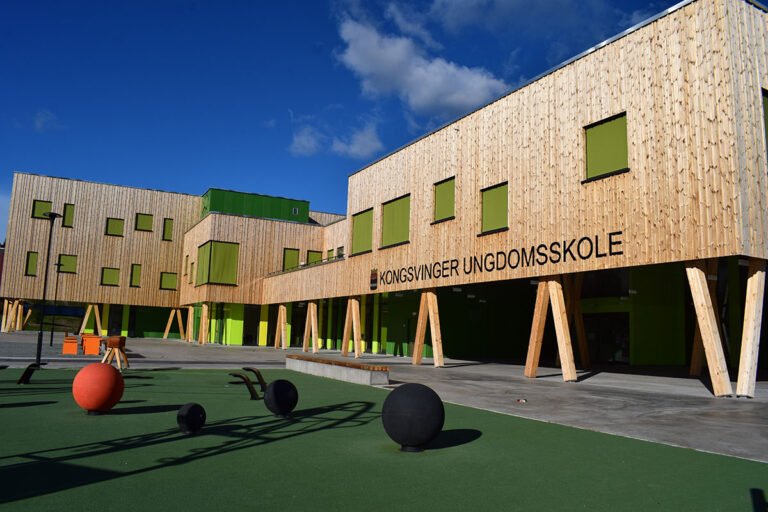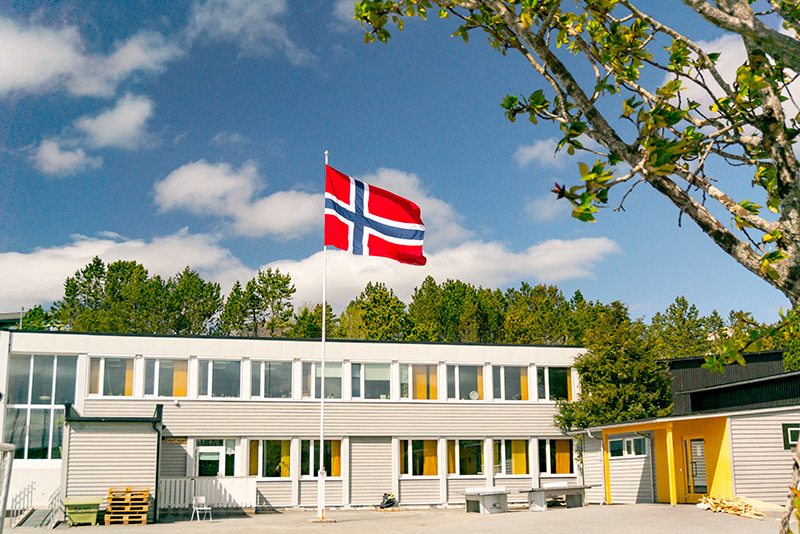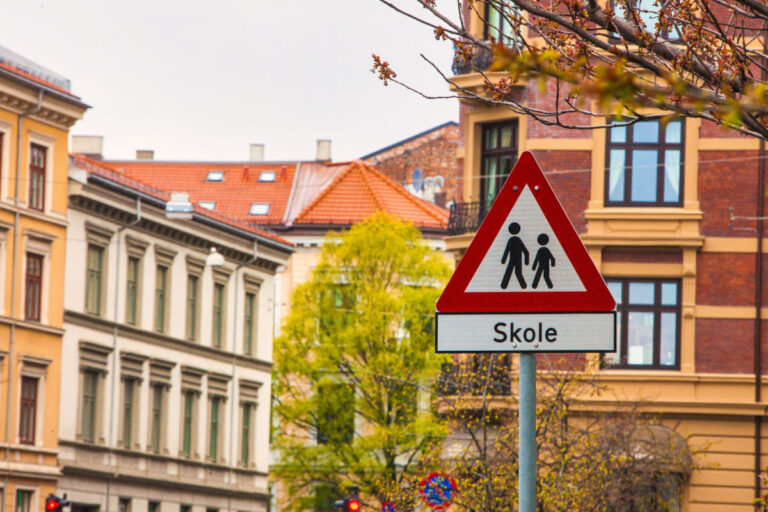Have you ever wondered if homeschooling is popular in Norway? Read on for your complete guide to an alternative education option.
On a recent walk, I caught up with several of my favourite podcasts. Each one had an American guest, and each one of those talked proudly of how they homeschool their kids.

This got me curious. A quick search online and I discovered a staggering 3.7 million American children are homeschooled. I knew it happened in the US, but I had no idea it was quite so popular.
Even though I'm sure it happens, I never knew anyone homeschooled back in Britain. So once again, I became curious. Does it happen in Norway's education system? The answer is yes, but it's rare.
Introducing home education in Norway
Norway upholds an obligation to education rather than a requirement to attend school, placing the responsibility on parents to ensure that their children receive the fundamental education they are entitled to.
Although in practice the vast majority of parents choose to send their children to school, home education is permitted. In Norwegian, this is known as privat hjemmeundervisning.
In the case of homeschooling, parents are in charge of their children's practical education. Education must align with national standards. As such, this is subject to oversight and inspection by the local municipality.

But why do some parents choose this option? Norsk hjemmeundervisningsforbund or the Norwegian Home School Association (NHUF) give some of the main reasons.
These include dissatisfaction with the school environment, bullying, a lack of individualised instruction, illness or congenital conditions, long or dangerous school routes, different pedagogical directions, extended stays abroad, local school closures, religious beliefs, or participation in musical or sports activities that require significant absence from school.
Home education in Norway: facts and figures
According to official data from Grunnskolens Informasjonssystem (GSI), only 247 children were in home education during the school year 2022/23. That's down from 261 children the previous school year.
However, these figures may not be entirely accurate due to differences in how municipalities report homeschooling data and variations in homeschooling arrangements.
For instance, some children are de-registered from schools while others retain their school places, and some use a mixture of school and homeschooling or homeschool part of the year.

NHUF maintains a record of its member families and their children, but not all homeschooled children are represented in this association, and not all NHUF family members homeschool. So, the exact number of homeschooled children in Norway remains uncertain.
Requirements for homeschooling in Norway
The structure of homeschooling is flexible, and parents enjoy a considerable degree of freedom in how they choose to educate their children. Regardless, the education must align with national curriculum standards and competence goals.
This is subject to oversight or inspection by the municipality, although there are no specific requirements for the structure of home education or the number of teaching hours per week.
In Norway, homeschooling does not require formal teacher qualifications. It does, however, demand a range of skills, good general knowledge, and a willingness to learn and explore.
Lastly, it's important to note that there is no financial support or compensation for homeschooling in Norway. Some municipalities, however, may allow homeschooling families to borrow school books or access online learning resources.
How the ‘oversight' process works
To ensure children are receiving an adequate level of education, the local municipality will conduct a process of oversight (tilsyn) for all homeschooled children in Norway.

The municipality is obligated to supervise homeschooling, with the formal responsibility lying with the municipality and the operational responsibility with the appointed supervisor.
Legislation emphasises that supervision should be carried out in collaboration with parents, respecting their right to educate their children according to their religious and philosophical beliefs. Just as the municipality has a duty to collaborate with the home, the home has an obligation to facilitate the supervision.
The appointed supervisor contacts the family to arrange meetings on how the supervision will be carried out, meeting the family one to two times per year. Meetings typically occur at school or another public place rather than at home.
During the supervision meeting, the family usually presents some of the work they have done since the last meeting. Some parents keep a diary documenting the child's activities. Based on conversations with the family and familiarity with the child over time, the supervisor should be able to assess whether the education is satisfactory.
After each meeting, the supervisor prepares a report concluding whether the education is sufficient or not. This is sent to the municipality, with a copy to the home.
If there's uncertainty about the adequacy of the homeschooling, the municipality can call for “special tests”. These tests can only be conducted after a prior supervision meeting and only if there's doubt about the sufficiency of the homeschooling. If further supervision shows that the child is not receiving the required education, the municipality can demand that the child attend school.
Would you ever homeschool your children? Let us know your thoughts in the comments below.


Yes I would definitly homeschooling my children. Thanks for the Article!